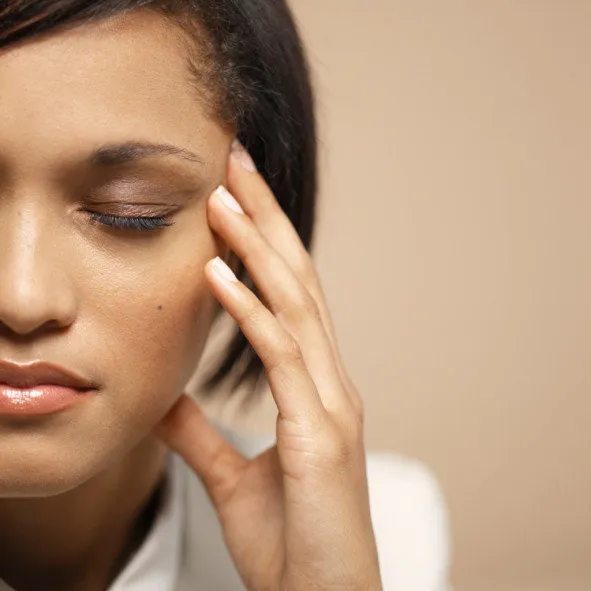
Women’s Emotional Wellness
Throughout history, women have juggled countless responsibilities but have been continuously undervalued and unappreciated. Women continue to endure endless stressors related to inequalities at home and in the workplace, social pressures, and socioeconomic factors.

Wellness Vs Self Care
Women are constantly being told or sold the idea that they need products such as creams, candles, mattresses, or other “self-care” items to get to wellness.
“Not Good Enough”
While some products can be helpful, the message often is focused on fixing women; if you have this cream, your skin will look better; if you buy this bed, you will sleep better, and then life will improve.
The message is that your sleep, skin, and happiness could improve if only you put more time and money into making it better, aka it’s your responsibility and that you haven’t been doing your job.
However, wellness is not an object or product, but an internal state and one that has been inequitably tended to.
Women and Abuse
Studies have shown a strong relationship between women’s mental health their experiences of abuse, whether physical or emotional. The trauma and stress resulting from abuse can lead to various mental health issues such as anxiety, depression, post-traumatic stress disorder, and low self-esteem.
Women often face a range of challenges that can impact their mental health and emotional well-being. From the pressures of work and family life to the stress of daily living, it’s easy to feel overwhelmed and unsupported. That’s why we believe that mental health support for women is so important. By providing women with access to the resources and support they need, we can help them overcome these challenges and achieve better overall health and well-being.
.

Women avoid or delay seeking help for a variety of reasons, including but not limited to:
Being perceived as weak, incompetent, and/or attention-seeking
Afraid of being perceived as weak, incompetent, and/or attention-seeking
Negative attitudes, stigmas, or beliefs from partner/family/culture/religion about seeking professional help
It takes too much money or time to find professional support that works
The pressure to be grateful for what they have; “it’s not that bad”
Not having enough time due to home, job, or family responsibilities
Depression, anxiety, prior trauma, and other mental health issues prevent them from taking the first step
Feeling guilty for taking time to do something for themselves
The feeling that they should be able to “deal with it” on their own
Women need non-judgmental support, equitable access, affordable care, and a place where their wellness is a priority.
Women of all diversities experience additional emotional stressors, including racism, injustices, discrimination at work, and frequent microaggressions, which can contribute to depression, anxiety, traumatic stress, and other mental health issues. The lack of accessible treatment that is culturally sensitive and the stigma women face for receiving mental healthcare keep women from obtaining professional help.
50% Of Women Who Report Needing Behavioral And Mental Health Care Are NOT Getting It
Despite self-reporting a need for mental health care, women are not receiving professional care. In a 2022 KFF Women’s Health Survey (WHS), women 18-64 reported needing mental health care. However, only 50% of those reported needing care acquired mental health care, 10% tried and failed, and 40% didn’t seek it out.
Even Worse In And After The Pandemic
Women who experience socioeconomic stressors face additional high levels of anxiety and depression; the pandemic exacerbated those issues.“ A study at the University of Chicago Medicine found U.S. women experienced an increased incidence of health-related socioeconomic risks (HRSRs), such as food insecurity and interpersonal violence, in the COVID-19 pandemic. This was associated with “alarmingly high rates” of mental health problems.
Expanding Access to Mental Health Resources
In order to promote emotional well-being and maintain good mental health among women, it is crucial to provide them with access to mental health resources. However, there are various obstacles that women often encounter when trying to access these resources, such as stigma, limited availability, and high costs. Therefore, it is essential to expand the accessibility of mental health resources for women, ensuring that every woman has the necessary support and resources to thrive.
Staying Strong Despite The Challenges
Research has revealed that despite the obstacles they face, women possess remarkable resilience and are more inclined to seek mental health assistance than men. Women are also more likely to engage in self-care activities, such as exercise and socializing with friends, which significantly contribute to their mental well-being.
